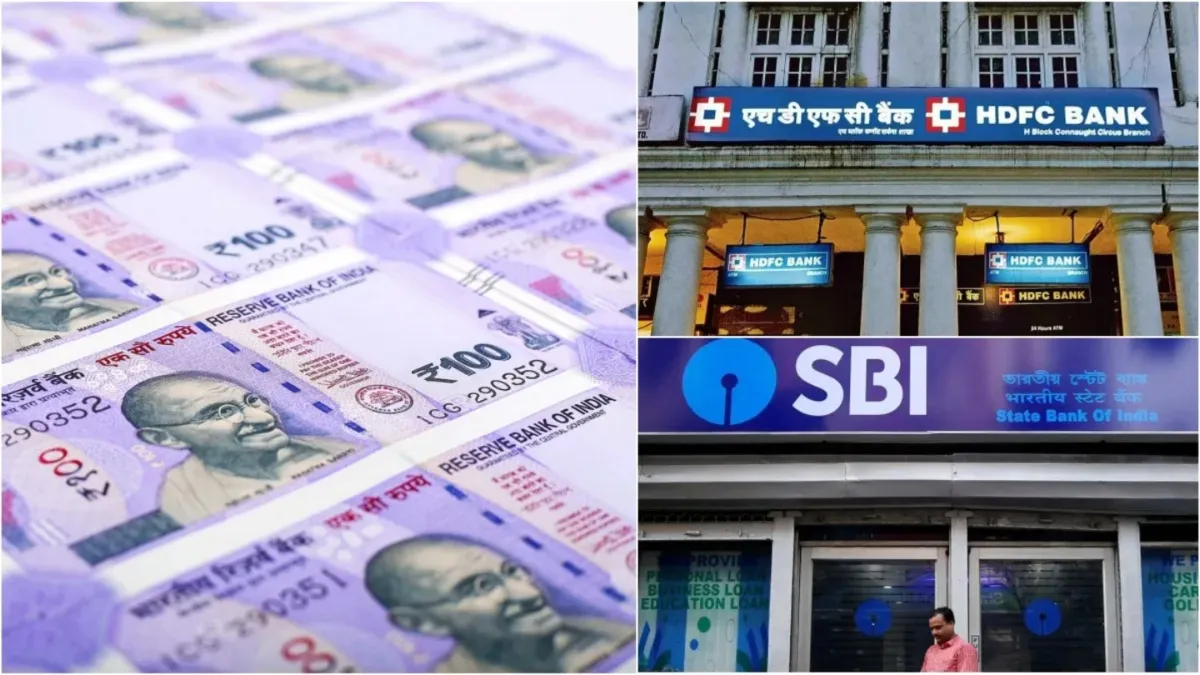Have you ever wondered how much cash you can keep in your savings account without triggering an Income Tax notice? This is a common concern for many individuals. According to income tax rules, the total cash deposit or withdrawal in a savings account during one financial year should not exceed Rs 10 lakh. Exceeding this limit can attract scrutiny from the Income Tax Department.
Daily cash transaction limits
Another question often raised is the limit on cash transactions in a single day. Under Section 269ST of the Income Tax Act, an individual cannot receive more than Rs 2 lakh in cash in a single transaction or linked transactions on a given day. If the total cash deposits across all your savings accounts exceed Rs 10 lakh in a financial year, banks are required to report this to the Income Tax Department, even if the deposits are spread across multiple accounts.
High-value transactions: What happens if you exceed the limit?
If you deposit more than Rs 10 lakh in cash during a financial year, it will be considered a high-value transaction. Under Section 114B of the Income Tax Act, banks and financial institutions must inform the Income Tax Department about such deposits. Additionally, if you deposit more than Rs 50,000 in cash in a single day, you must provide your PAN number. If you don’t have a PAN, you will need to submit Form 60/61 as an alternative.
How to respond to Income Tax notices related to high-value transactions
If you receive an Income Tax notice for high-value transactions, you must have adequate evidence to support the source of the funds. This evidence can include bank statements, investment records, or documents related to inheritance. If you’re unsure or concerned about the source of your cash, it’s advisable to consult a tax advisor for guidance.
Key takeaways:
- Cash deposits or withdrawals in a savings account should not exceed Rs 10 lakh in a financial year to avoid Income Tax scrutiny.
- Daily cash transactions of Rs 2 lakh or more are not allowed under Section 269ST.
- High-value transactions exceeding Rs 10 lakh in a year must be reported to the Income Tax Department.
- If you make a cash deposit of Rs 50,000 or more in a day, PAN is required.
- Responding to Income Tax notices requires providing sufficient documentation to explain the source of funds.
Also read | India achieves USD 1 trillion in FDI milestone | Top FDI sources and sectors

